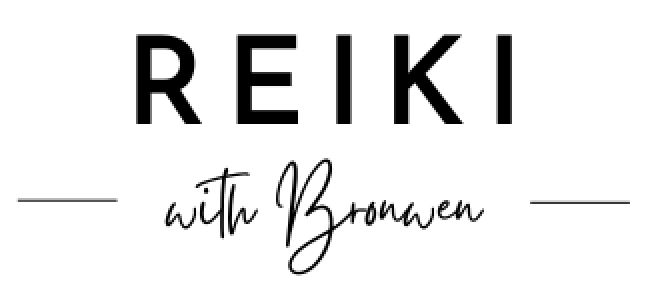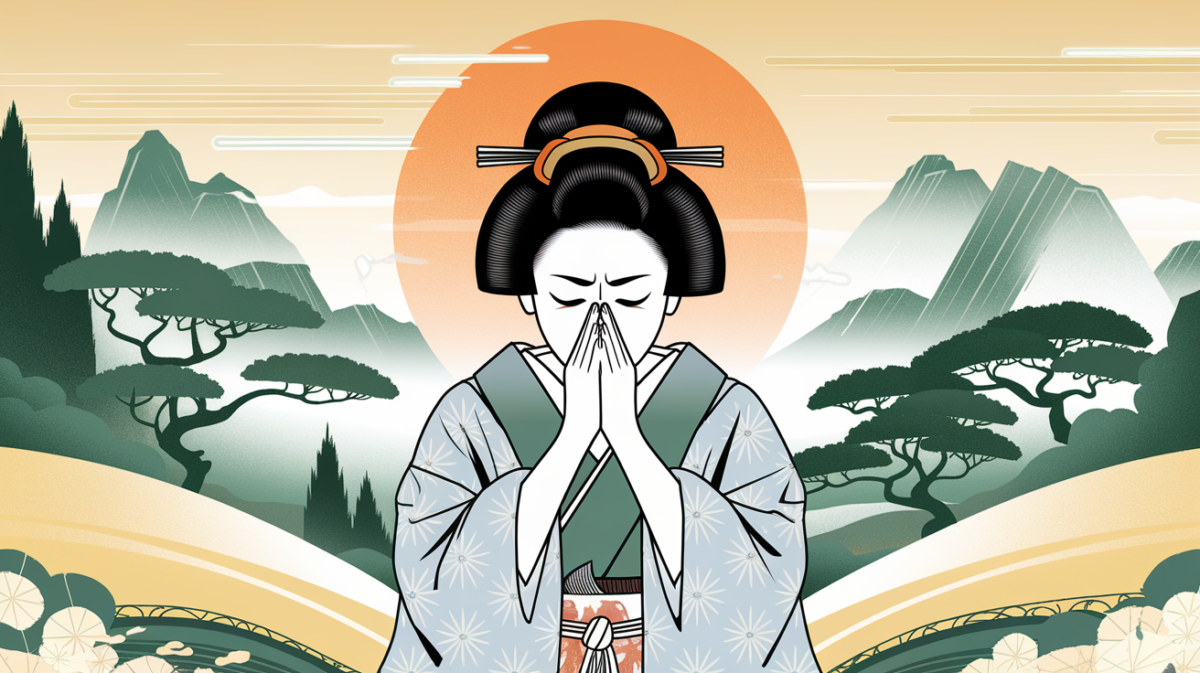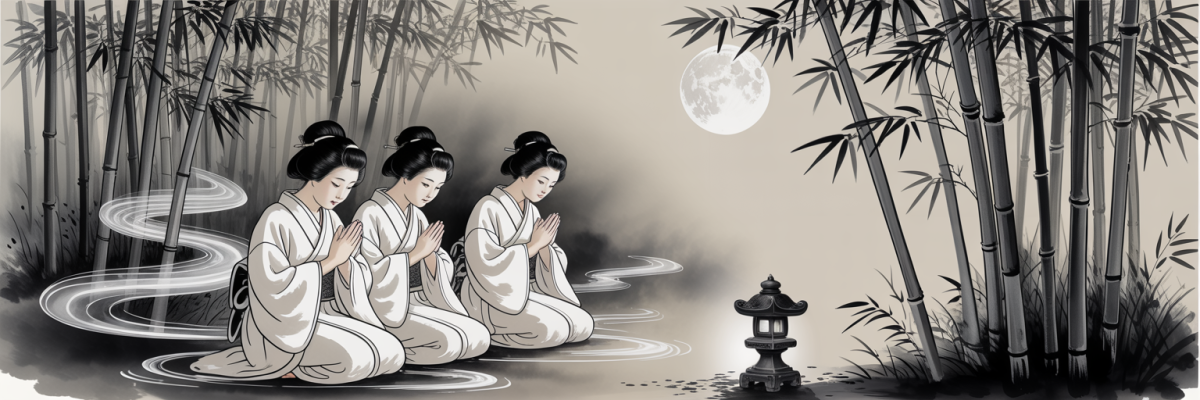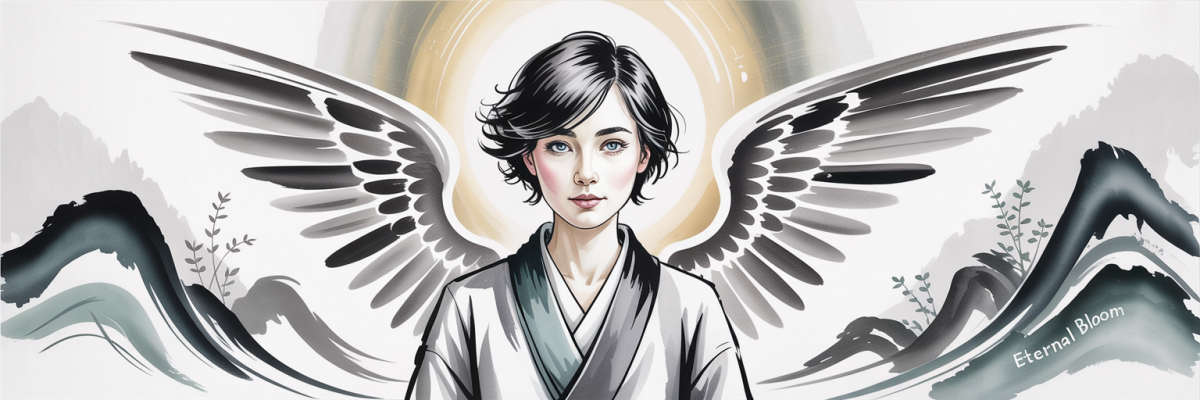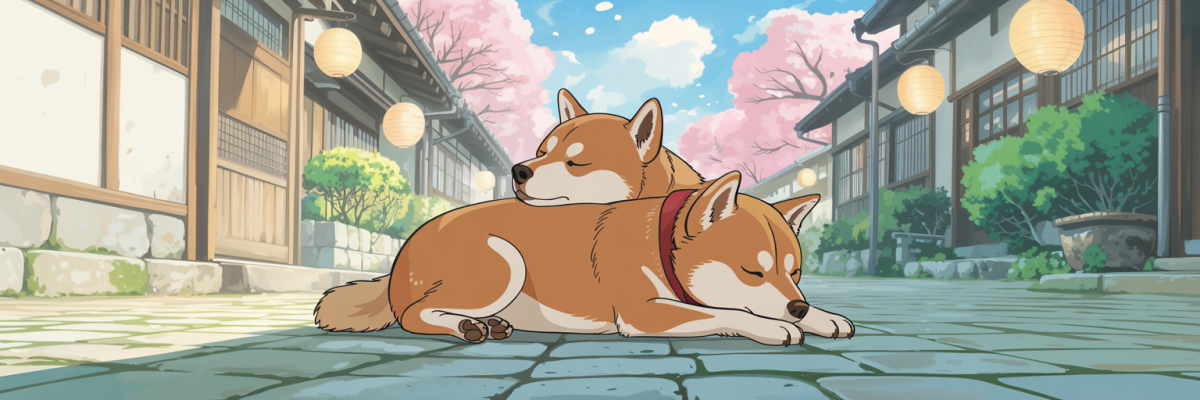
Have you read the Wikipedia Definition of Reiki?
September 5, 2024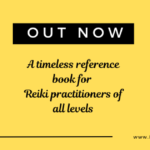
The Seed of an Idea: A Personal Reflection upon the 20th Anniversary Edition of The Reiki Sourcebook
October 7, 2024Much has been discussed in recent years about overcoming shame and its negative impacts. Brene Brown’s work on the subject has been freeing for many, shining a light into our dark corners. She defines shame as “the intensely painful feeling or experience of believing that we are flawed and therefore unworthy of love and belonging.” This definition captures the essence of shame as a deeply personal and often debilitating emotion. While excessive shame can be harmful, it’s crucial to recognize that a complete absence of shame may indicate a more profound issue: a lack of self-reflection and emotional intelligence. Perhaps we don’t need to be so ashamed of shame after all.
Shame is a deeply ingrained emotional response that makes us feel bad about ourselves, not just our actions. It’s often confused with guilt, but there’s a crucial difference: guilt is about feeling bad about something we’ve done, while shame is about feeling bad about who we are. This distinction is important as we explore the role of shame in our lives and how we can approach it more constructively.
Reiki practitioners have the benefit of the Reiki Precepts as valuable guidance for daily living .
1. For today only, do not anger
2. For today only, do not worry
3. For today only, be grateful
4. For today only, be true to yourself
5. For today only, be compassionate to yourself and others
These precepts provide a framework for understanding and working with who we are, our true selves. Consider how shame can actually work for us when approached with this wisdom. Our capacity for shame often serves as a moral compass, helping us align our actions with our values. When we feel shame, it’s often because we’ve acted in a way that doesn’t align with our authentic selves. Instead of being paralyzed by this feeling, we can use it as a guide to realign with our true nature. I can trace feelings of shame back deep into my childhood. I remember getting caught for lying, feeling mortified at being labelled a liar as that was not who I was, and making a pact that I would never do that again.
Shame also plays a role in social cohesion, motivating us through compassion to consider the impact of our actions on others. I recognize feelings of shame from experiences in my life that have impeded how connected I am with others today. I might become unsettled, confused, and ashamed when it doesn’t make sense to feel this way. This creates confusion for others as well. I have learned to take a deep breath to regain my footing and recognize that that feeling of shame is not me and is unhelpful for everyone. We cultivate empathy and strengthen our connections by compassionately understanding how our actions affect those around us. However, it’s crucial to balance this with self-compassion, remembering that making mistakes is fundamental to the human experience.
The problem arises when we swing to extremes – either overwhelmed by shame or lacking it entirely. A complete absence of shame can lead to a lack of self-reflection, diminished empathy, and even ethical blindness. On the other hand, being consumed by shame can stunt our personal growth and lead to social disconnection.
This is where the wisdom of our practice can guide us towards a middle path. That initial understanding of “For today only” reminds us not to dwell excessively on our past mistakes or perceived shortcomings and certainly not to worry about them. Instead, we can acknowledge our feelings of shame, learn from them, and then let them go, focusing on being better in each moment.
Self-reflection is key to this process. We can start by practicing contemplation of the precepts, taking quiet moments to observe our thoughts and feelings without judgment. We might find that the Reiki precept “Do not anger” helps us approach our reflections with calm and clarity, rather than frustration or defensiveness. “Do not worry” allows us to let go, “Be grateful” and “Be kind to others” means our hearts can remain open, and in doing so, we are thoroughly true to our way.
Seeking feedback from trusted friends or mentors can also be invaluable. This takes courage and vulnerability. By opening ourselves to honest feedback, which might be scary, we gain new perspectives and opportunities for growth. Knowing that others suffer from shame is consoling; we can come to accept that it is just one aspect of the human condition.
Most of us have felt the horror of being paralyzed by shame at some point in our lives. But we can now reflect with gratitude on how these moments have taught us more about ourselves and, hopefully, helped us become better people. A complete lack of shame, on the other hand, might indicate an inability to engage in healthy self-reflection.
When moments of shame arise in our lives, we can allow them to cultivate within us a capacity for self-examination. These are opportunities to grow, connect with others, and live in alignment with our values.
Understanding and managing shame is deeply personal and often challenging. The Reiki precepts remind us to live in the present moment, to approach our experiences with compassion and gratitude, and to continually work on ourselves.
Remember, for today only, we can be true to ourselves, kind to others, and grateful for the lessons that life – and even our shame – can teach us. By embracing this balanced approach, we develop a healthier relationship with our imperfections by recognizing them, and using them as stepping stones for personal and social growth. In doing so, we transform shame from a paralyzing force into a catalyst for helpful change, fostering deeper connections with ourselves and others along the way.
